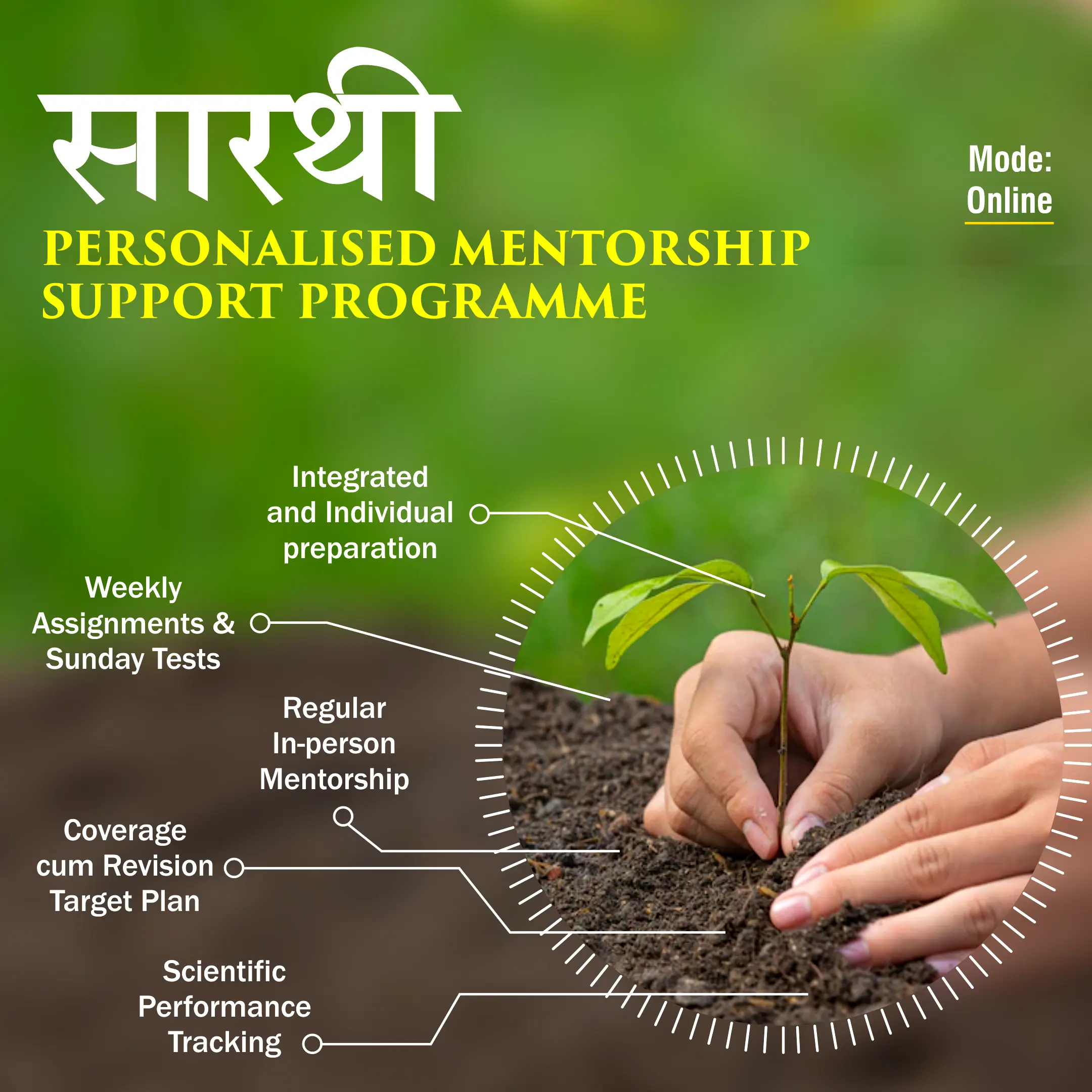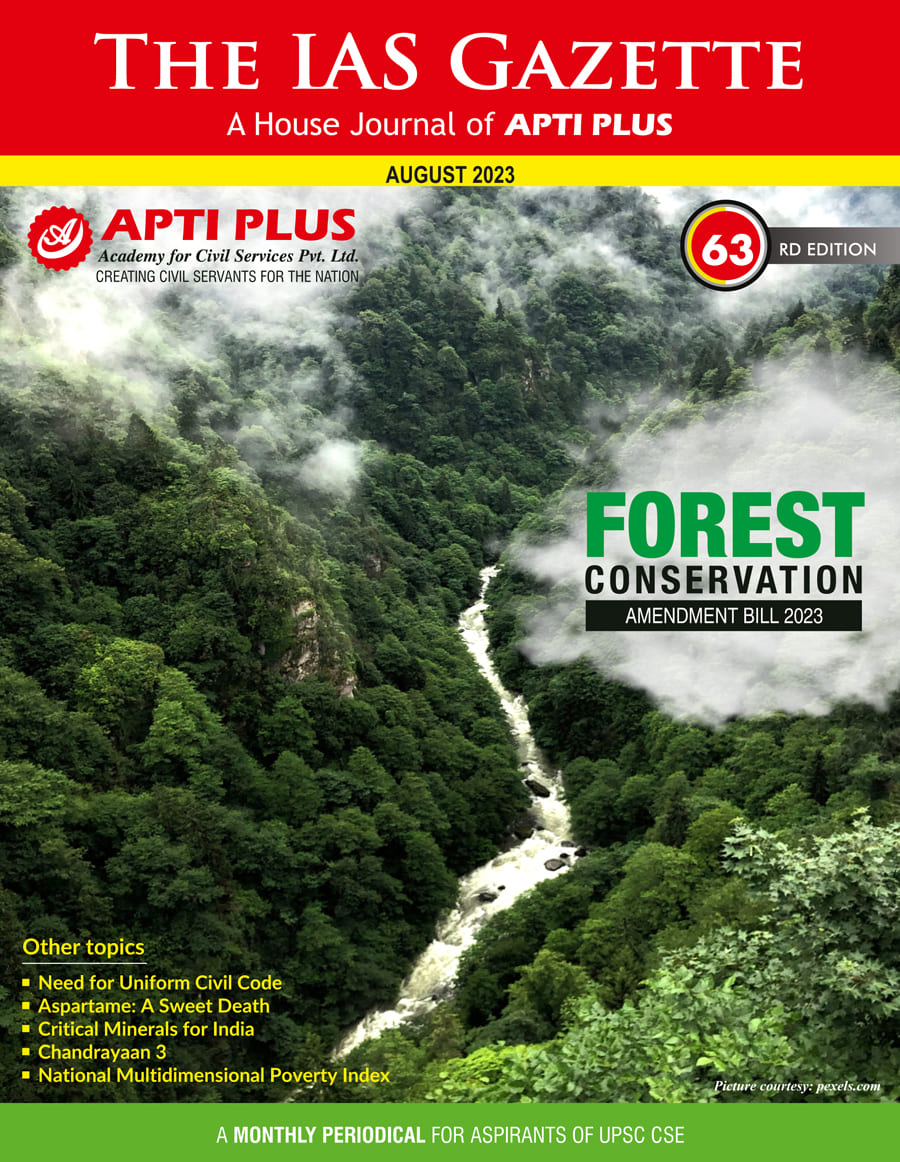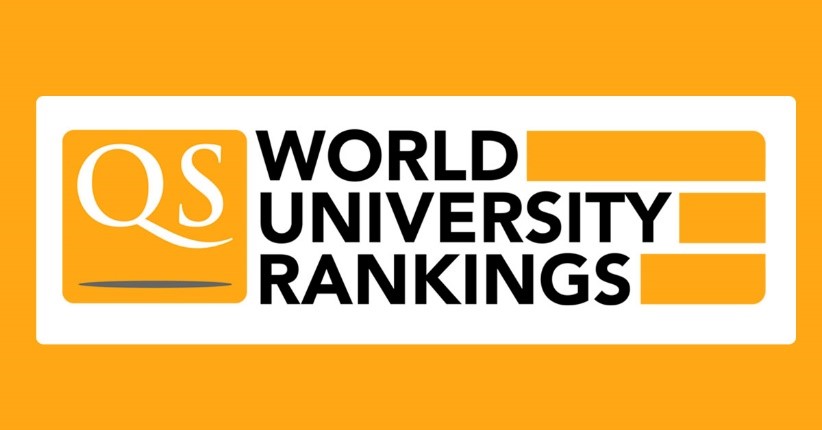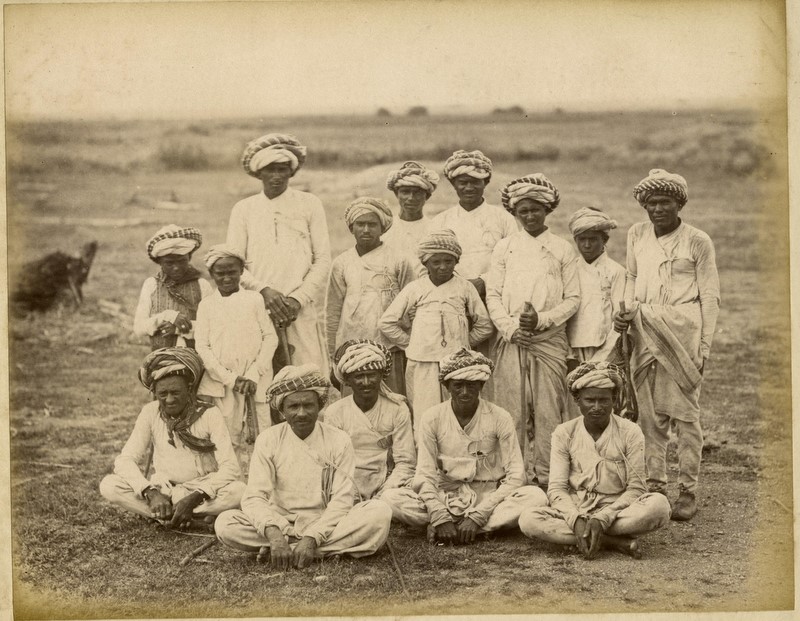Description
_Regulations,_2023._.jpg)
Disclaimer: Copyright infringement not intended.
Context
- The University Grants Commission (UGC) has released the draft UGC (Recognition and Grant of Equivalence to Qualifications obtained from Foreign Educational Institutions) Regulations, 2023
Details
- These are the new guidelines for assessing equivalence and accrediting degrees acquired from universities abroad.
Aim
- The revised draft aims to help universities and colleges plan for academic, administrative, and financial self-reliance.
- With the goal of facilitating smooth student mobility, it has developed comprehensive guidelines to create a strong and transparent framework.
- This framework will facilitate the recognition of foreign qualifications and the granting of equivalency to such credentials

New Guidelines
- According to the guidelines, Higher Education Institutions (HEIs) must identify and prioritise the sources of funding for the development of financial infrastructure such as government grants, alumni donations, private sector partnerships, and fund-raising campaigns.
- They further suggested the HEIs, including both public and private, should work on a “sustainable revenue model” where the revenues are derived from sources including tuition fee from students, government grants and subsidies, overheads earned on the sponsored research and development projects from the government and the private sector, and endowments.
- The guidelines also suggested other income sources including philanthropic contributions such as Corporate Social Responsibility (CSR), royalties on intellectual property (IP)/patents, etc.
- “In a fully developed HEI, each of these sources must contribute about a similar percentage to the total revenue, depending on the size of the HEIs. Therefore, HEIs must also focus on expanding their undergraduate programmes as additional students mean more revenue,” the draft guidelines stated.
- The draft guidelines also recommended a “faculty ranking or assessment” based on research-based Academic Performance Indicators (API) scores and subsequent additional incentives to motivate teachers.
- “Faculty members generate a winning spirit and constantly strive for excellence when their annual API rankings are announced and they are graded according to different levels. Faculty oversight at every stage can be reduced in such scenarios,” the guidelines stated.
- Meanwhile, the draft norms also suggested the HEIs to create “emotional infrastructure” by providing a good working environment for all stakeholders with ethical policies and a transparent academic and administrative system and taking extra care in all service areas of both higher education and research activities.
- As per the recent instructions, the UGC has imposed limitations on degrees procured via distance and online learning modes, as well as those attained through franchise agreements.
- While granting equivalence, the candidate must have pursued the programme through regular, in-person instruction and not through online or distance learning.
- It lays down minimum credit requirements, evaluation processes, minimum duration, etc.
- The UGC stated that through a specialised online platform, students can request for equivalence assessment of their foreign qualifications from the UGC. Within a quick timeframe of just 15 days, the Commission will communicate its verdict to the applicant.
- Additionally, a provision for a re-appeal is made available to the applicant. Subsequently, the UGC will issue an equivalence certificate to the applicant, which holds validity for employment, advanced education, and various other objectives.
Significance
- The Indian students acquiring qualifications from foreign higher education institutions through collaborative arrangements, such as MoUs or Agreements between the Indian Government or University Grants Commission and foreign counterparts, will now find a streamlined path. They are relieved from the necessity of applying for equivalence, reaffirming smoother educational pursuits and cross-border cooperation.
- The intended equivalence certificate will affirm the parity of qualification between a foreign qualification and a qualification granted by an Indian board or university at the corresponding level. These regulations shall come into force on the date of their publication in the Gazette of India.
- The commission, however, has also clarified that the guidelines will be indicative. “It is imperative that the autonomy of the institutes is maintained while developing and operationalizing such a plan. Therefore, the IDP guidelines are self-regulating in nature.
READ ALL ABOUT UGC: https://www.iasgyan.in/daily-current-affairs/ugc#:~:text=University%20Grants%20Commission%20(UGC)%20is,of%20higher%20education%20in%20India.
|
PRACTICE QUESTION
Q. Consider the following statements with reference to University Grants Committee:
1.The University Grants Committee was formed in 1945, which took upon the responsibility of supervision of three Central Universities of Aligarh, Banaras, and Delhi.
2.UGC frames rules on minimum standards of education.
3.UGC provides recognition to universities in India, and disbursements of funds to such recognized universities and colleges.
4.UGC suggests mandatory procedures to Central and State governments to make positive changes in University Education.
How many of the above statements are correct?
A) Only 1
B) Only 2
C) Only 3
D) All 4
Answer: D) All 4
|

https://timesofindia.indiatimes.com/education/news/university-grants-commission-releases-draft-for-foreign-educational-institutions/articleshow/102839651.cms
Array
(
[0] => daily-current-affairs/ugc-recognition-and-grant-of-equivalence-to-qualifications-obtained-from-foreign-educational-institu
[1] => daily-current-affairs
[2] => ugc-recognition-and-grant-of-equivalence-to-qualifications-obtained-from-foreign-educational-institu
)




_Regulations,_2023._.jpg)
_Regulations,_2023._.jpg)



